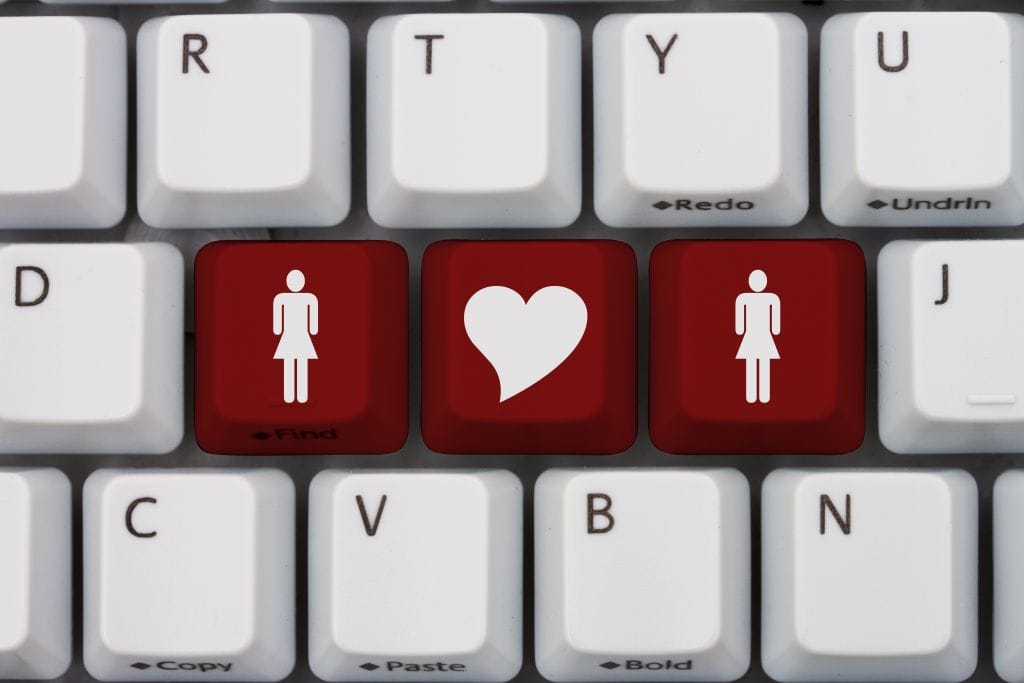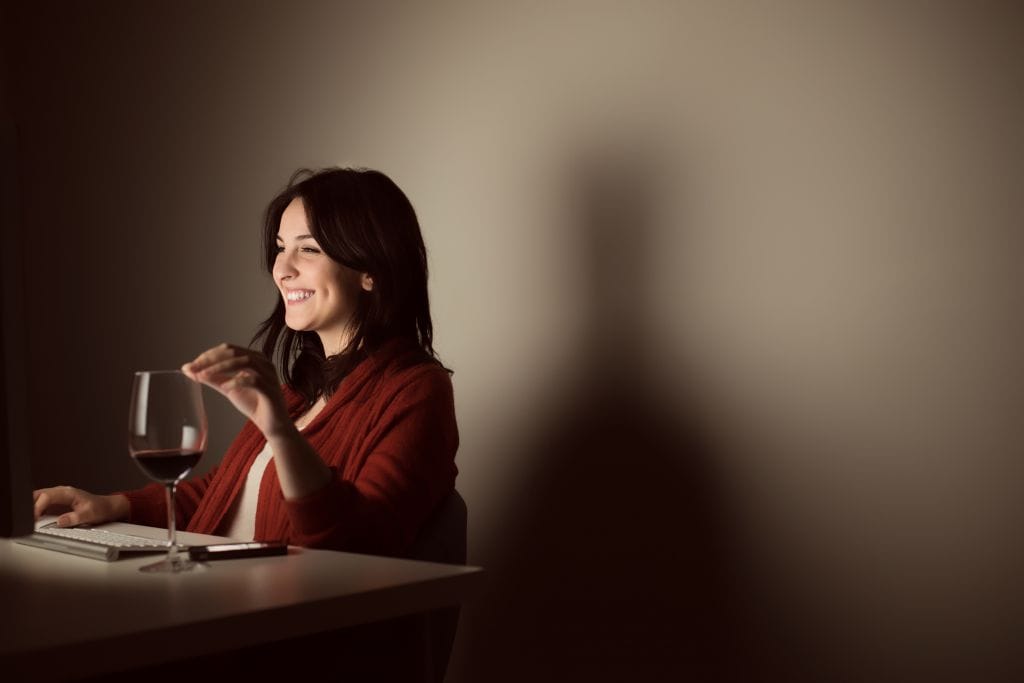Before I began online dating in my 30s, I was shy and uncertain about meeting new people. If I didn’t have someone to go to an event with, I generally wouldn’t go. I skipped important parties and missed once-in-a-lifetime gigs because I was anxious about turning up alone. I don’t care to recall the countless opportunities and experiences I missed over the years simply because I was uncomfortable or afraid. A few years on, I realise online dating taught me less about love or lust, and more about overcoming my fears.
How to say yes
For online dating to work, you need to enter unfamiliar situations with people you have never met face-to-face and with whom you have no prior connection. While my instinct was to avoid potentially awkward and uncomfortable situations, I realised this strategy was doomed. You can’t really know whether someone will interest you until you meet them in the flesh, which means saying ‘yes’ to something and someone completely unknown.
During this period, I set myself a boundary: no relationships and nothing serious for at least 12 months. That meant when I was interacting online, my emotional investment was minimal. As long as the person wasn’t a complete douche and I found them vaguely attractive, even if they weren’t my ‘type’, I agreed to meet. I set my expectations low. If the initial meet didn’t erupt in fireworks, I said yes to a second, figuring no one is at their best on a first date. I said yes to a lot of people.
This was about getting out there, learning how to date, not finding Mr or Mrs Right. Sometimes it was discovering likes and dislikes, and sometimes it was to have something to do and somewhere to go for an evening or afternoon.
Saying yes allowed me to experience much more. I met people I may never have encountered organically. I approached each meet with curiosity: what could this person teach me? What would I learn about myself, about the way I interact and the way others interact with me? What values would I uncover, what perspectives on life? Which of my previously held ideas might this person challenge?
By switching my mindset to ‘yes’, my confidence grew. Meeting people in low-risk situations, I was able to feel my fear and do it anyway. I am now more able to say yes in all kinds of situations, to turn up to events on my own, to meet and interact with strangers, socially and professionally.
How to say no
At the opposite end were the punters who pushed and pushed. They wanted to meet right away. They wanted my phone number, to add me on Facebook, and if they couldn’t find me on Facebook they would try LinkedIn. Use my instant messenger account, they said, then got snarky if I didn’t respond right away.
At first, I felt I owed every person who contacted me a response. When I tried to politely decline, many demanded a reason, and then refuted that reason, like a toddler bleating ‘It’s not fair!’
By taking a few days to compose my reply, people revealed their misogyny, their insecurity and their anger. It became easier to say thanks, but no thanks, and after a while, I stopped feeling guilty.
From those encounters, I became more aware of my boundaries and more willing to enforce them. I learned to be assertive because I had to—a way of being that has spilled into other aspects of my life. I don’t owe someone a yes, or an explanation for my no, and if they can’t respect that, they don’t respect me.
How to meet a stranger online
I was a late adopter of the internet for social networking. I was never on bulletin boards, chatrooms or blogs. I first used email in the workplace, and had no idea how to converse with a stranger I couldn’t see.
Before online dating, I would agonise over every word, every inflection, using the correct salutation. How much should I say? How much was too much or too little? What if I said the wrong thing and put them off?
Online dating was something I did around the edges of my life. I didn’t have time to craft an essay every time I logged in, and I couldn’t know the response until (and unless) I heard back. From necessity, I learned to stop agonising and let go. Just as I didn’t respond promptly to every message I received, I knew that if I didn’t hear back, it could be for any number of reasons. Some conversations led to more; others didn’t, and that was okay.
I learned to feel anxious and put myself forward regardless, personally and professionally. I still agonise from time to time interacting with strangers online, but at least I do it…mostly.
How to meet a stranger in real life
When dating online, I quickly discovered chatting to someone without seeing him or her could be a poor reflection of real life. Exchanging personal anecdotes in cyberspace might feel like you have developed some degree of intimacy, but it’s more like writing in a diary, and reading someone else’s. By chatting blindly, it’s easy to project onto the other side of the screen, to imagine a chemistry and attraction that may not translate into a bodily connection.
Despite my fear of meeting strangers in the flesh, I moved quickly from preliminary introductions to ‘let’s meet for a drink,’ before I invested too heavily in an online persona and not a person. Captive during the date, I learned how to make conversation. There were no friends, acquaintances, and no props to turn to. We only had each other and we had to make it work.
Since then, I have met with many strangers socially and professionally. I can quickly establish rapport with clients, interviewees, contacts and potential friends, where once I would have been too frightened to connect. Even when I feel apprehensive, when I don’t know what to expect, when I’m anxious and afraid, I can still turn up and know I’ll be okay.
Internet dating allowed me to rehearse these life skills in a setting where I had little to lose. For the better part of a year, I wasn’t trying to meet a life partner (which I made clear on my profile) or make a perfect impression. I approached dating with curiosity and a desire to discover, rather than judgement and fear. I didn’t always have a good time, but I collected an array of new experiences, and ultimately skills that have helped me learn and grow socially and professionally.





